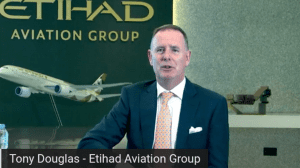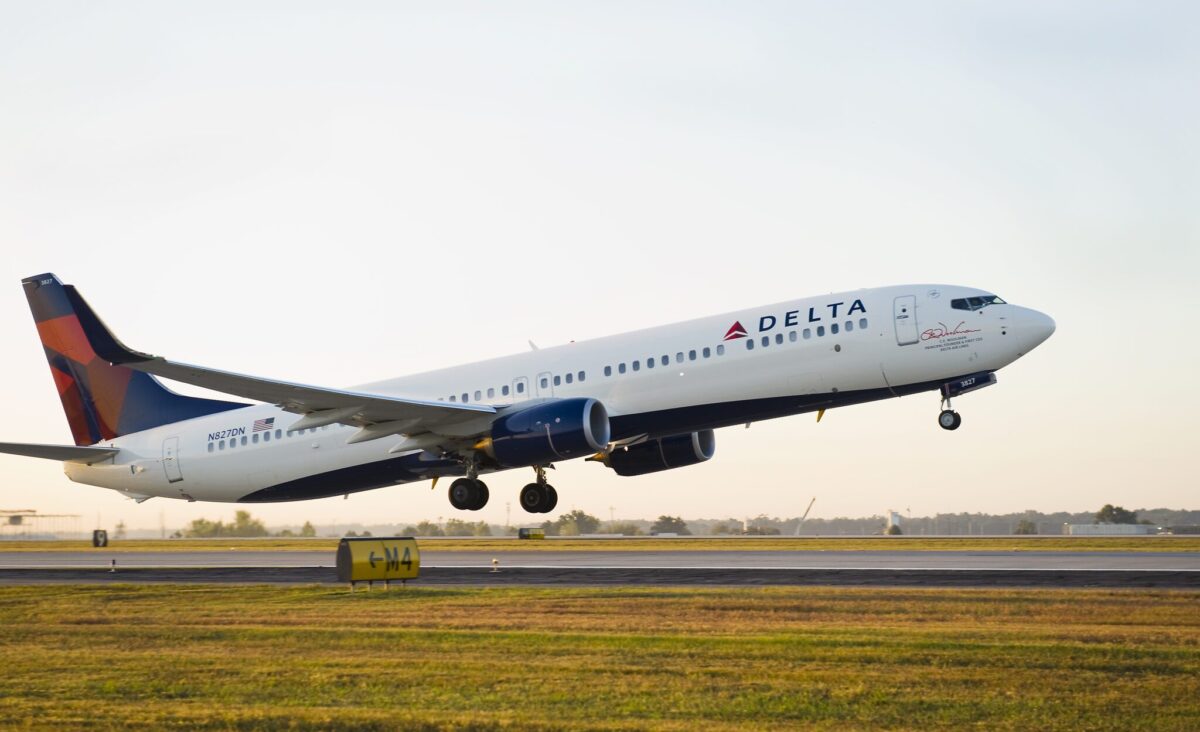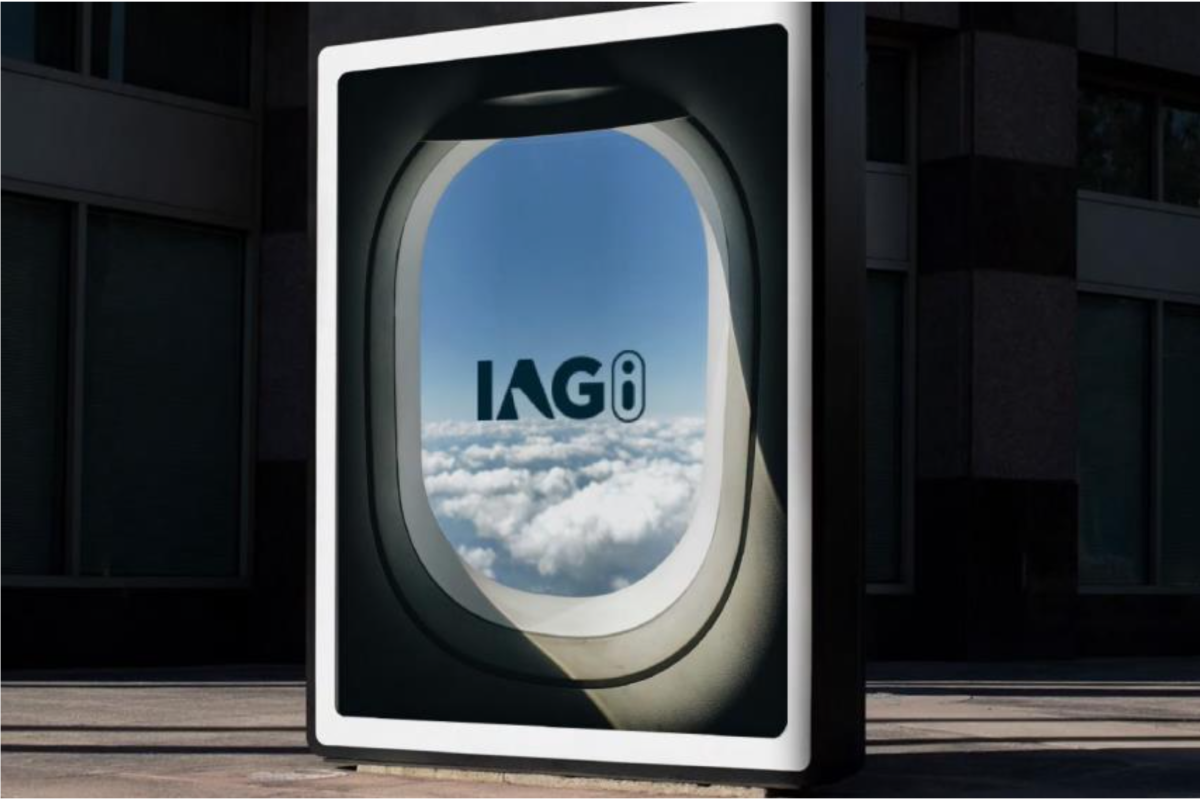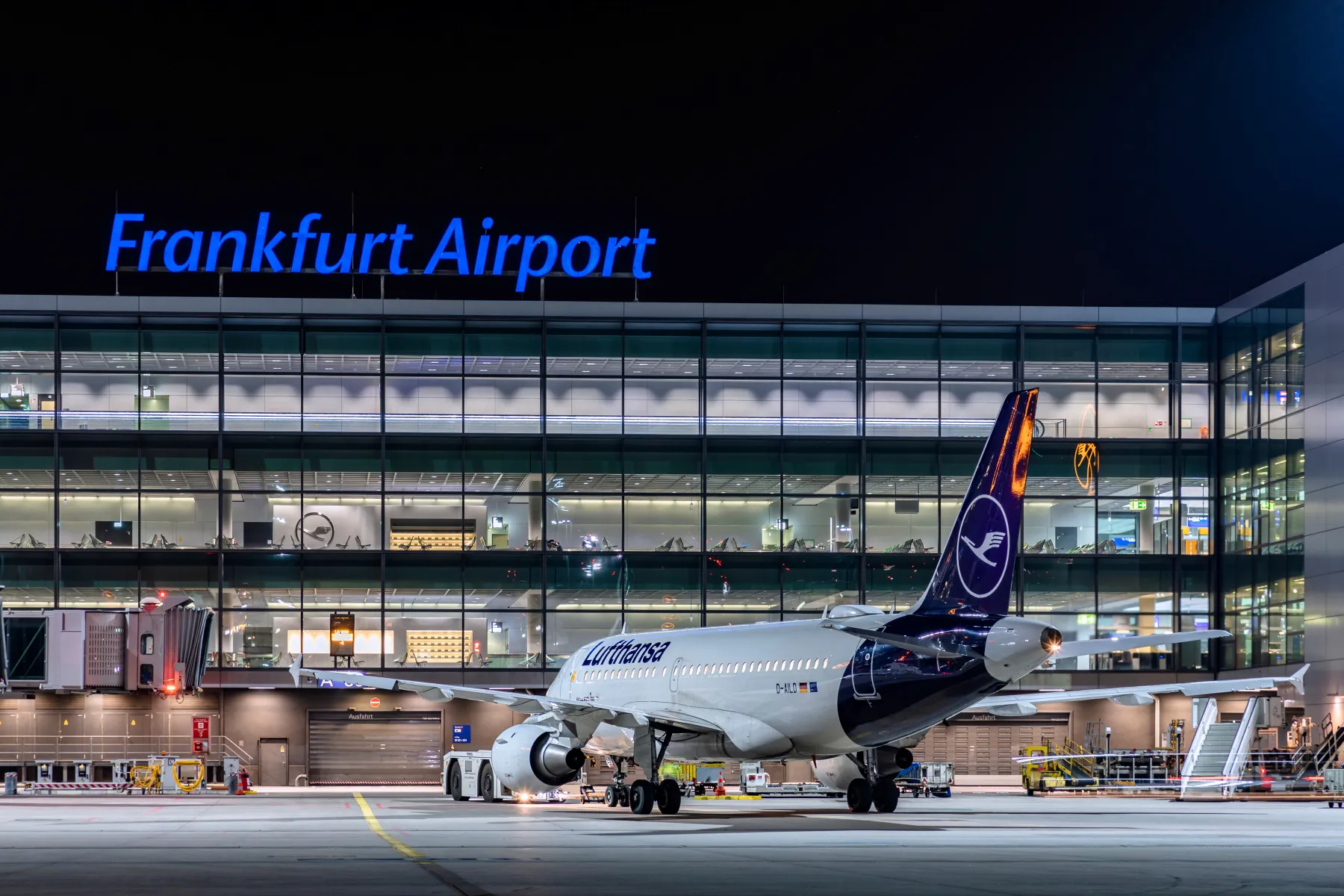Etihad Aviation CEO Wants Policy Makers to Take the Strain of Making Flying Greener
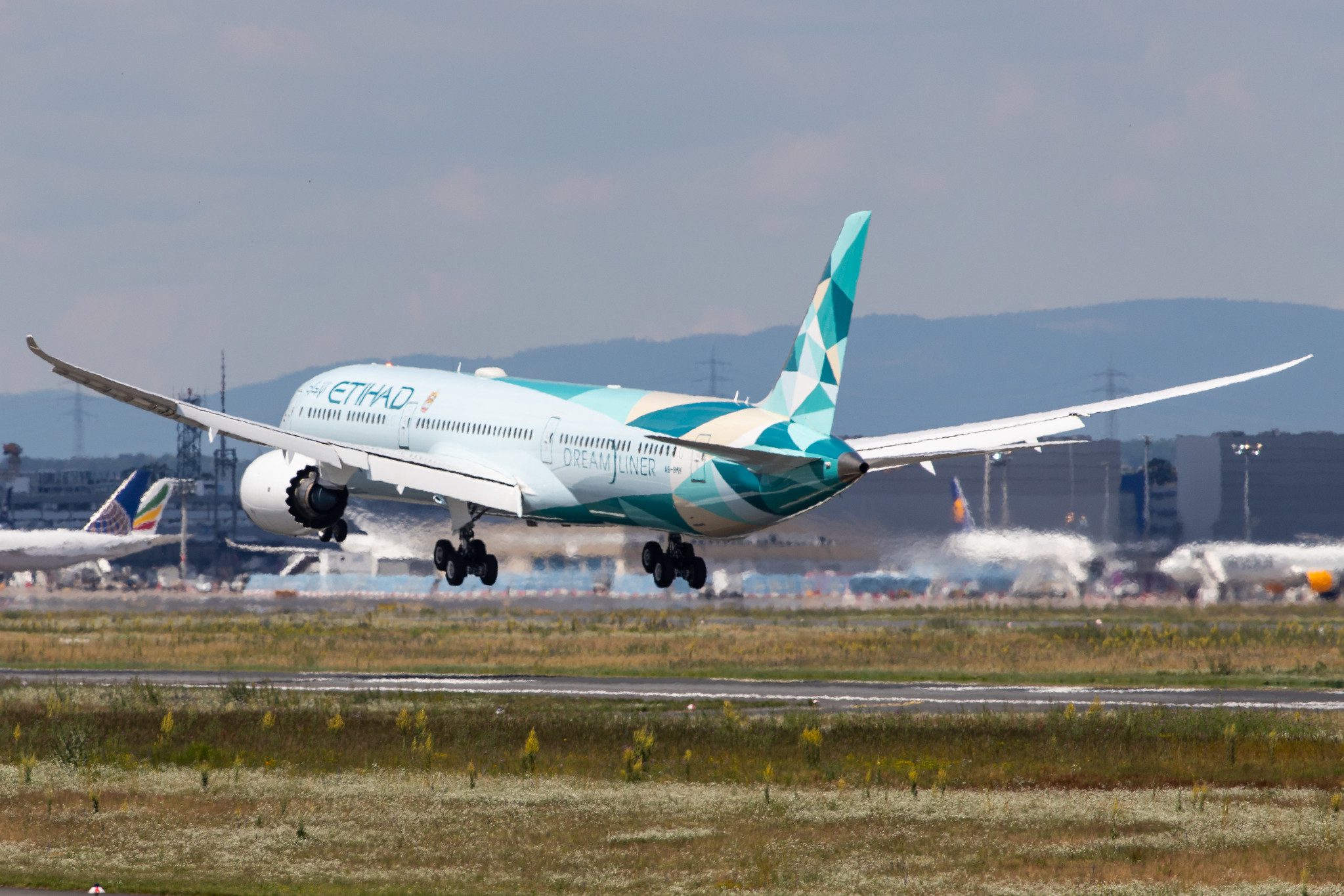
Skift Take
The CEO of Etihad Aviation Group wants governments and policy makers to step up when it comes to making commercial aviation a more planet-friendly business.
Tony Douglas has exhausted all avenues — tweaking planes, engines, fuel and even flight paths to extreme lengths to prove how it's possible to significantly reduce carbon emissions.
The chief of the Abu Dhabi-based airline has been at it for two years via its Greenliner program, but enough’s enough. Speaking at Skift Aviation Forum on Wednesday, he said it’s time for policy makers to be held more accountable.
Douglas said there were structural, logistical and economic challenges in making commercial aviation a more sustainable business. “We want to draw the attention to the policy setters what is undeniably potentially part of the solution going forward,” he told Edward Russell, Skift’s airlines reporter.
“(In Europe) the roads in the sky are almost like the Roman roads, where ground-based infrastructure was developed over time,” he said. “What they were optimized for many decades ago is simply far from being optimal today.”
Etihad has been flying a specially eco-modified Boeing 787, powered by GEnx engines, as part of the Greenliner program to highlight what can be done. For example, on Oct. 23 it flew from London Heathrow to Abu Dhabi, and Douglas said it was 72 percent better, in terms of CO2 output, than the like-for-like service it flew two years ago.
The flight was powered by conventional jet fuel mixed with 38 percent sustainable aviation fuel, while the airline worked with air traffic controllers on continuous climbs and descents, and used artificial intelligence to minimize contrails.
“The 38 percent is all we could buy on the open market,” the CEO said. “It’s three times more expensive."
He added that the Greenliner, which made an appearance at this year’s Dubai Airshow, “reminded everyone about the amazing things we’ve done with our amazing partners over the past two years, but importantly to lay the pitch out for what the Greenliner’s going to be doing going forward.”
While it acted as a way to push forward initiatives, and draw attention to issues, he told Russell that governments, regulators and “big policy setters at large” now had a massive part to play.
“We all know there’s no silver bullet when it comes to sustainable aviation challenges. There’s no end in the foreseeable future, or forever," he said. "There's not one big answer, but a callout to everyone to contribute."
Douglas was speaking during the forum’s "What Will an Airline Be in a Decade?" session, where he said Etihad had now positioned itself as a mid-size carrier with a fleet of 65 planes.
"We’re no longer saying big is beautiful in the context of Etihad," he said. "Going forward, we’ll only scale up if the route profitability is sustainable. We’re no longer in the game of flattering ourselves with networks that have got very attractive city pairs … if they don’t make year-round profit, frankly we’re no longer interested."
Over the next 10 years, guests would become even more discerning when it comes to the way they choose their airline, around parameters of aviation sustainability, he added. But there was no question that price will always be close to the top parameter as a differentiator.
"It’s always been the case with commercial aviation, and it always will be. That passion and focus on drive for efficiency won’t go away," he said.
The next decade will also bring about more policy setting and regulatory change, with potentially more taxation and penalties for airlines and countries that "don’t commit or perform to the levels that others can and are demonstrating that they are doing."
Etihad also launched the "Sustainability50" — an Airbus A350-1000 with Rolls-Royce engines — as an addition to its sustainability program at the Dubai Airshow this year.
Skift’s in-depth reporting on climate issues is made possible through the financial support of Intrepid Travel. This backing allows Skift to bring you high-quality journalism on one of the most important topics facing our planet today. Intrepid is not involved in any decisions made by Skift’s editorial team.
